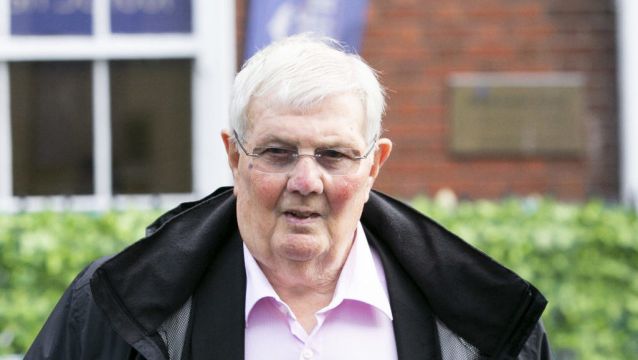Stardust manager Eamon Butterly has told the Stardust inquest that the policy of keeping exit doors in the nightclub locked on disco nights was "unsafe" and they should not have been locked.
Mr Butterly said "the consequences would be bad" if the doors were locked during an emergency, but he told the jury at the Dublin District Coroner’s Court that head doorman Tom Kennan and the staff "would be keeping an eye on the doors" and were able to open them at any stage.
Mr Butterly was being cross-examined on Wednesday by Des Fahy KC at the inquest into the blaze which killed 48 people in the early hours of February 14th, 1981.
Mr Fahy, representing 10 of the families of the deceased, said that during a tribunal before Mr Justice Ronan Keane in 1981, Mr Butterly gave evidence that exits one, six and five in the Stardust were locked up to a certain point on disco nights.
Mr Fahy said Mr Butterly was asked what plan he had in place if an inspector turned up while the doors were locked, to which Mr Butterly had replied: "I had no plan, I would have been in serious trouble."
Mr Fahy asked him who he would have been in trouble with, to which Mr Butterly replied that he would have been in trouble with an inspector or the gardaí.
"You were content with the policy where one, six and five were locked, but if anyone in a position of authority found out, you would be in serious trouble. So why did you let the doors be locked?" Mr Fahy asked.
"I don’t know, I can’t remember," Mr Butterly replied.
Mr Fahy asked him if was uncomfortable because it was an unsafe practice to have the doors locked for any period of time, to which Mr Butterly replied: "It would be, yeah, but the men that were in charge of it were in control that they could open them."
"So, you’re accepting that it was unsafe?" Mr Fahy asked.
"I’m accepting that it was unsafe, but Mr Kennan had control over it," Mr Butterly said.
"In what way was it unsafe?" Mr Fahy asked, to which Mr Butterly replied: "They shouldn’t be locked, I suppose."
Mr Fahy also asked him what the natural consequences would have been of the doors being locked when people were trying to get out.
"The consequences would be bad if they were locked when something happened, but all the time Mr Kennan and the staff would be keeping an eye on the doors and would open them at any stage," Mr Butterly said.
Mr Butterly’s evidence continues on Wednesday afternoon in the Pillar Room of the Rotunda Hospital.







